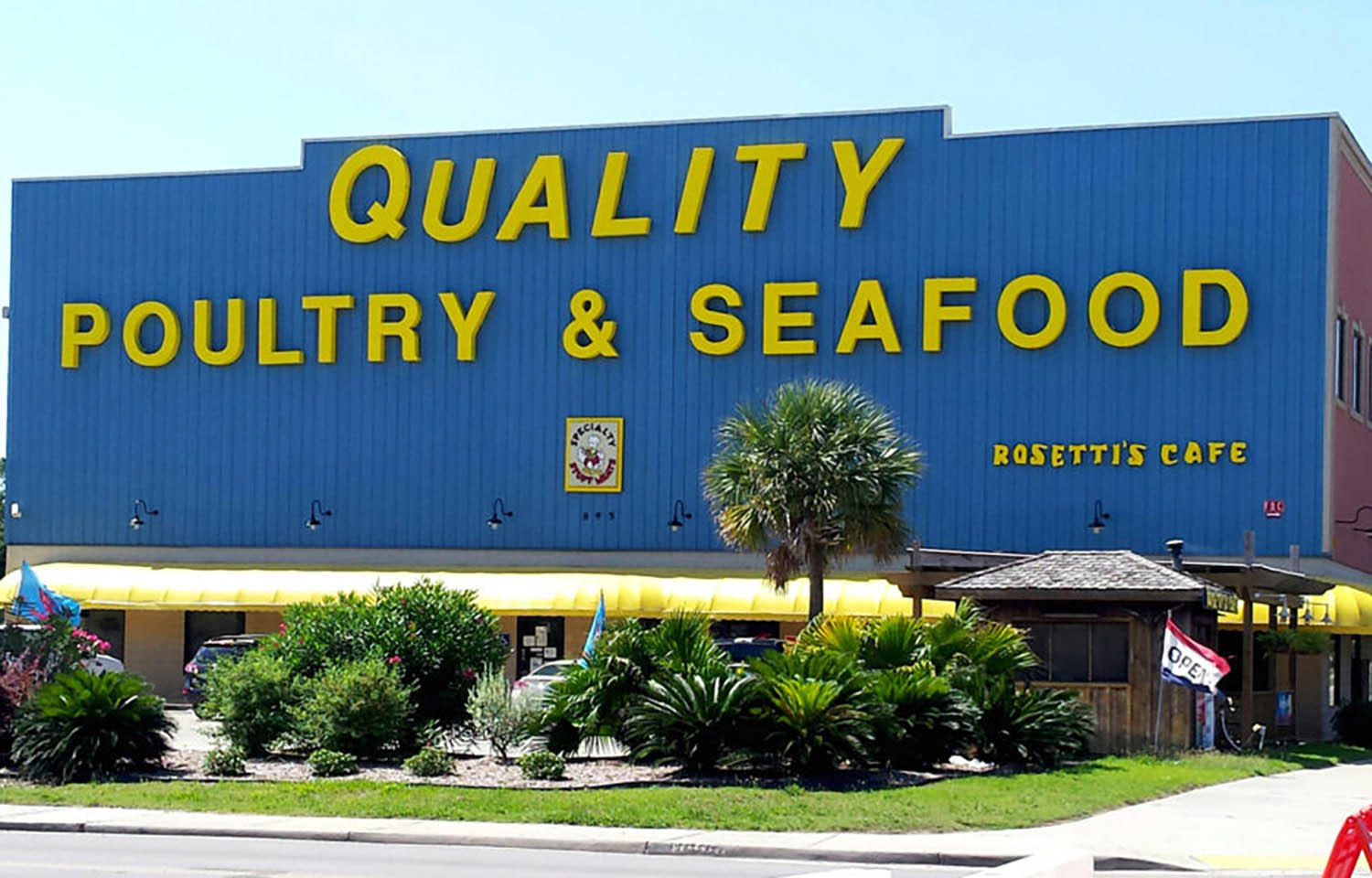A seafood distributing and wholesaling company in the U.S. state of Mississippi recently pled guilty of conspiring to mislabel seafood and marketing imported seafood as premium local species, all as part of a case against historic restaurant Mary Mahoney’s Old French House.
Biloxi, Mississippi, U.S.A.-based Quality Poultry and Seafood (QPS) has agreed to pay USD 1 million (EUR 899,000) in forfeitures and a criminal fine of USD 150,000 (EUR 135,000) for its role in supplying Mary Mahoney’s with seafood. After the U.S. government previously declined to name which distributor was involved in the case, the Biloxi distributor to major restaurants, casinos, and retailers was implicated in the scheme, along with QPS Sales Manager Todd A. Rosetti and Business Manager James W. Gunkel.
Mary Mahoney’s, also based in Biloxi, pled guilty, along with Owner Bobby Mahoney and Co-Owner Anthony Cvitanovich, to federal charges of conspiracy, misbranding seafood, and wire fraud on 30 May, resulting in fines totaling USD 1.35 million (EUR 1.2 million).
The historic restaurant admitted to selling frozen imported fish from Africa, India, and South America and advertising the products as locally sourced premium species between December 2013 and November 2019, according to the U.S. Attorney’s Office for the Southern District of Mississippi. Cvitanovich admitted that between 2018 and 2019, he was involved in mislabeling approximately 17,190 pounds of fish sold at the restaurant.
“The scheme involved the fraudulent sale of fish by Mahoney’s and its wholesale supplier that was described on Mahoney’s menu as premium, higher-priced local species, such as snapper and grouper from the Gulf of Mexico, when the fish was actually other species from abroad, including Lake Victoria perch from Africa, tripletail from Suriname, and unicorn filefish from India,” the U.S. Attorney’s Office said in May.
QPS admitted to participating in the fish substitution scheme through November 2019, the U.S. Attorney’s Office said. QPS …








